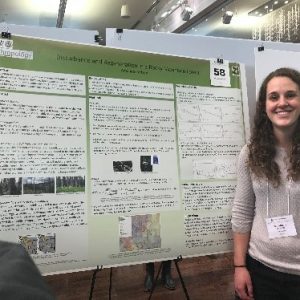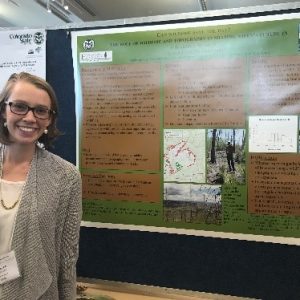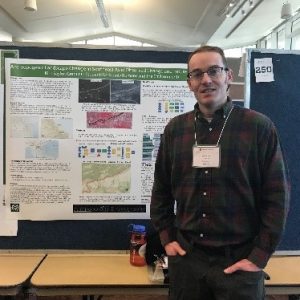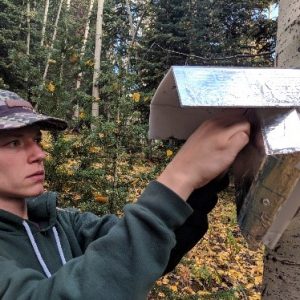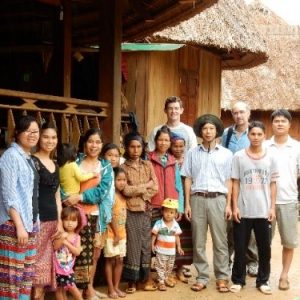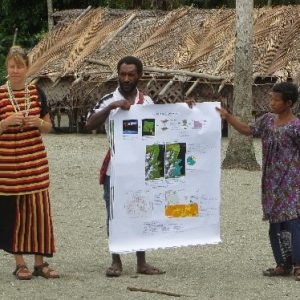Opportunities for Geography Students
Geography is the study of the spatial distribution of the Earth’s physical features and human societies, and how humans and the environment interact throughout the world. The questions geographers ask investigate the way human-environmental interactions vary and evolve across space, between places, and over time.
Careers in Geography
The graduate in geography has the skills and insights to think independently and critically, communicate effectively, and function in a multicultural world. Options for geographers include careers in international development, education, natural resource management, government, law, non-profit organizations, and business.
Check out our suggestions for paths to success and careers in geography.
Geography at CSU
Our geography program provides a broad range of courses designed to provide foundational knowledge in the classroom and further engage students in experiential learning in our lab and field school courses.
CSU Geography Course Subjects Include:
- Climate Change Implications for Society and Ecosystems
- Land-Use and Land-Cover Change
- Critical Human Geography
- Biogeography
- Livelihood Systems
- Conservation
- Cultural Geography
- Urban geography
- Cconomic Geography
- Political/Electoral Geography
- Geography of Virtual Worlds
Our undergraduate program includes a geography major and two options for a minor in geography.
Geography Paths to Success
The following are examples of course sequences that prepares students for specific jobs or careers
The following are common career paths that geography students pursue. Check out recommended courses, research opportunities, and internships that would help prepare for that job. Be sure to also seek the advice of Keri Canada, your Academic Success Coordinator, and professors to get help planning your future career success.
Foreign Service Officer
Besides taking the required courses for a Geography Major, the following are courses that particularly should be taken to prepare for international related positions:
- GR100 Introduction to Geography
- GR102 Geography of Europe and the Americas
- GR213 Climate Migrants
- GR305 Geography of Global Health
- GR320 Cultural Geography
- GR330 Urban Geography
- GR415 The Geography of Commodities
- GR420 Spatial Analysis with GIS
- GR440 Political Geography
A Foreign Service officer uses knowledge about human and physical geography to respond to spatial questions related to a variety of subject areas in the international arena. Jobs in this category are found in the State Department and the US Agency for International Development.
Field Schools
Internships
High School Geography Teacher
Besides taking the required courses for a Geography Major, the following are courses that particularly should be taken to prepare for teaching positions:
- GR100 Introduction to Geography
- GR102 Geography of Europe and the Americas
- GR213 Climate Migrants
- GR220 Mapping, Cartography and Spatial Thinking
- GR305 Geography of Global Health
- GR320 Cultural Geography
- GR330 Urban Geography
- GR415 The Geography of Commodities
- GR440 Political Geography
A high school geography teacher uses knowledge about human and physical geography to educate high school students, foster more knowledgeable citizens, and inspire interest in the field. Jobs in this category are found in public and private school districts throughout the country. Examples of school districts that have hired students from CSU to work as teachers include Poudre School District and Thompson School District.
A teacher licensure will be required for undergraduate students interested in becoming a high school geography teacher.
The Geography Program Reflects the Overlapping and Diverse Research Interests of our Faculty
-

Carrie Chennault
- Assistant Professor
-
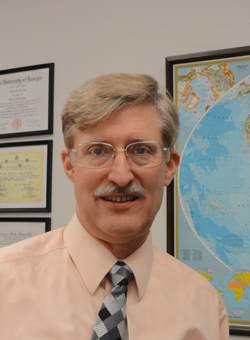
Merrill Johnson
- Professor
-

Stephen J. Leisz
- Professor
-
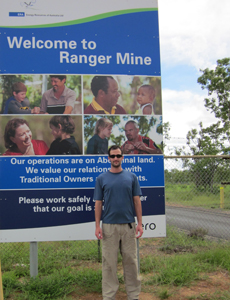
John Lindenbaum
- Associate Teaching Professor
-
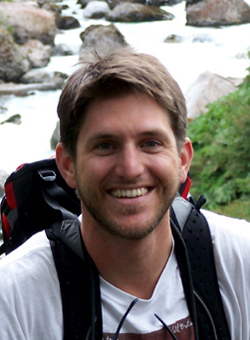
Jason S. Sibold
- Professor
Opportunities for Geography Students
Geography students at CSU are encouraged to engage in research early. Faculty-supervised student research projects and independent studies may include a wide range of research methods, including geographic information systems (GIS), remote sensing, spatial modeling, spatial statistics, ethnography, and participatory methods to address applied research questions in the Arctic, Antarctic, Colorado, the Rocky Mountains, Southeast Asia, Mesoamerica, Melanesia, Africa, and South America. These projects are made possible by faculty research facilities.
Opportunities to engage in original research with faculty mentorship in the field, nationally and internationally
CSU Geography Centers
- Center for Archaeology and Remote Sensing
CSU Geography Labs
Student Testimonials
The geography program at CSU provides students with opportunities to learn through experience and mentorship. As a result, our graduates have followed paths to successful careers in non-academic and academic fields.
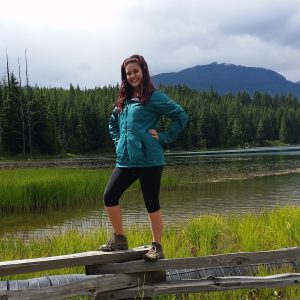
“All of the classes that I took from geographers John Lindenbaum and Jason Sibold were fantastic. Both of them love what they do so much. It is so refreshing and awesome.”
– Nicole Luchetta ‘16, Regional Placement Manager at EF Education First, geography minor
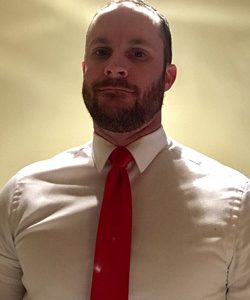
“My advice to current students is to learn work/life balance so you can both enjoy the college experience and be successful in your education. Take full advantage of internships and get to know your professors. If you show interest and keep them in the loop on matters in your life, they will always be ready and willing to help as well as be understanding if something comes up. Enjoy CSU because it is a fantastic school with solid professors.” – David Bowden ‘16, Disability Claims Specialist, Social Security Administration, geography minor
